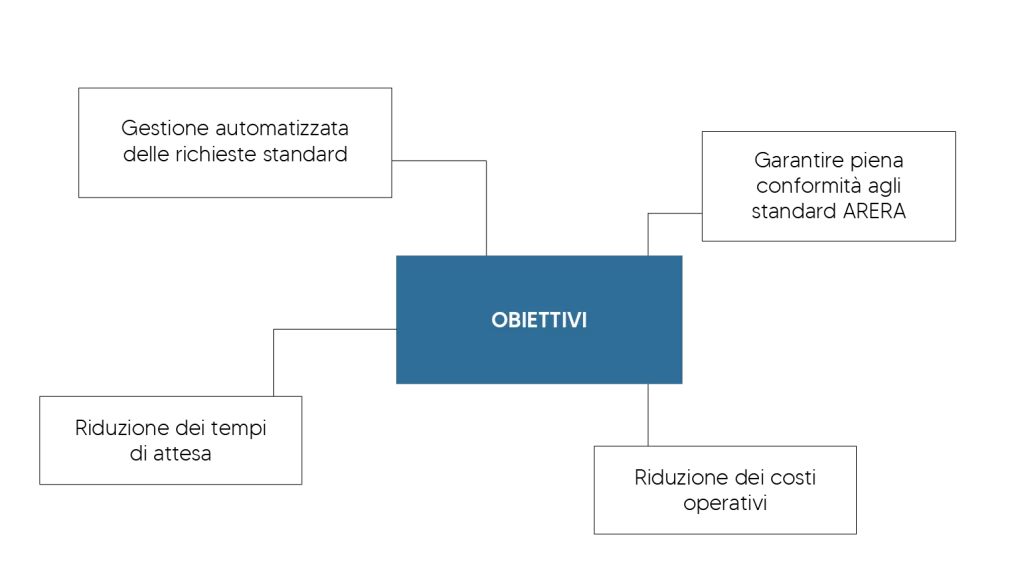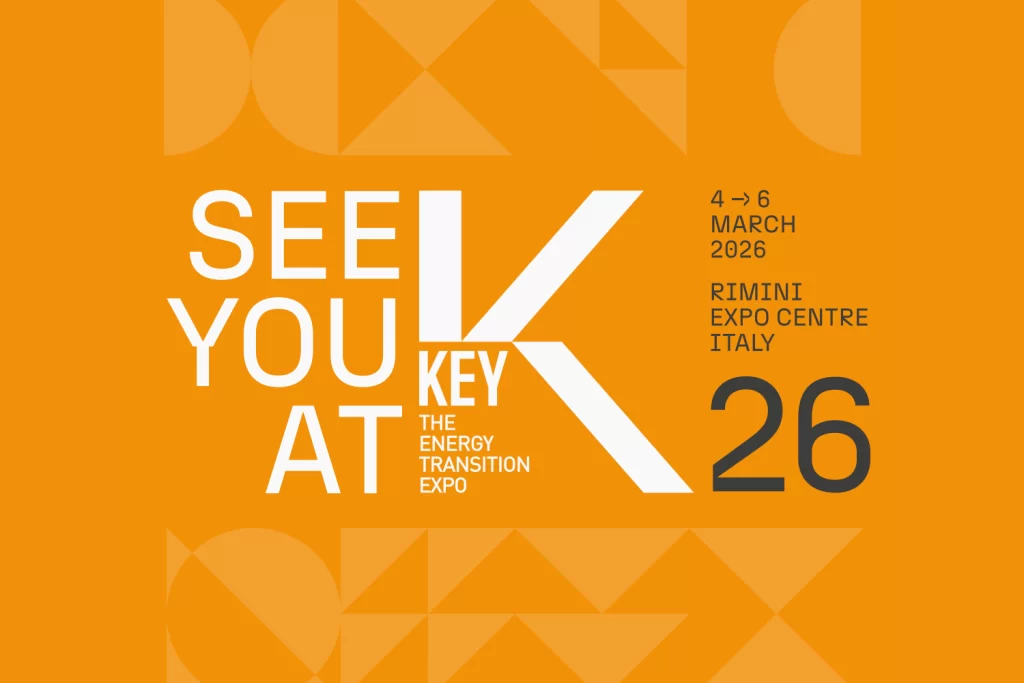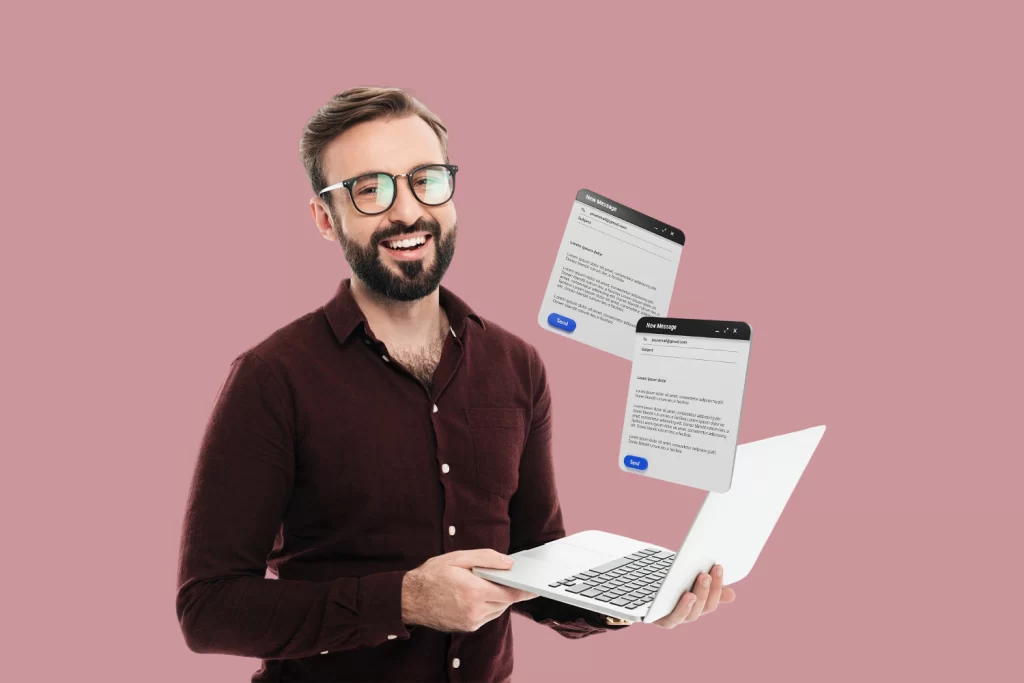SUMMARY
The utilities sector in Italy is undergoing a profound digital transformation.
What kind of client might be involved
The protagonist of this case study is a medium-sized multi-utilities operator active in the Italian electricity and natural gas market. The company mainly serves residential and small-medium business customers in northern Italian regions, managing:
- Over 800,000 active electricity and gas contracts
- Approximately 2.3 million customer care calls per year
- A contact center with 120 operators spread over several shifts
- H24/7 management during emergencies and seasonal peaks
Like many industry players, the company must ensure compliance with ARERA regulations (Regulatory Authority for Energy Networks and Environment) regarding response time, service quality and complaint handling, but the company struggles to achieve the required standards.
Why the client contacted INGO
The decision to contact INGO matured in the face of several critical issues that were compromising service quality and operational efficiency:
1. Unsustainable call volumes during peaks: during the winter months (November-February) and during bill mailing periods, call volume increased by 40-60%, creating telephone queues with waiting times exceeding 15 minutes. This resulted in:
- Call abandonment rate of more than 25 percent
- Customers forced to call back multiple times for same problem
- About 10% of calls disconnected before any resolution, as found in similar surveys of other utilities
2. High operating costs: in order to cope with peak call volumes, it was necessary to use more operators at certain times of the year, thus requiring training and changes in contact center rosters. All this brought an unsustainable expense burden to the company.
3. Low First Contact Resolution: only 58% of requests were resolved on first contact, well below industry standards. Customers often had to call back several times, increasing frustration and costs.
4. Inefficient handling of standard requests: about 70% of calls were about repetitive and low-complexity requests
- Information on utility bills and consumption
- Changes to contract data
- Fault reports and service interruptions
- Requests for installment payments
- Questions about tariffs and commercial offers
These requests engaged skilled practitioners who could have focused on more complex, high value-added cases.
5. Difficulties in meeting ARERA standards: ARERA regulations impose precise service levels, with economic penalties for noncompliance. Regulatory risk was a growing concern for management.
First Contact Resolution
What was urgently needed and what were the goals set
The client needed a solution that could simultaneously address all critical operational issues while maintaining service quality and cost control. The strategic objectives agreed with INGO were:
Primary operational objectives
- Reducing hold times: bring average hold time below 60 seconds and zero out missed calls during peaks
- FCR improvement: achieve 80% resolution on first contact, aligning with industry best performers
- Automated handling of standard requests: automate at least 60-70% of repetitive and low-complexity requests
- Reduce operating costs: achieve 30-35% savings in total contact center costs
- Scalability and flexibility: ensuring the ability to handle traffic peaks without proportionately increasing staffing levels
Customer Experience Goals.
- Offer H24/7 service without increasing shifts
- Personalize the reception by recognizing customers and their needs
- Keep the option to speak with a human operator available at all times
- Reduce the need to call back multiple times for the same problem
- Improve CSAT (Customer Satisfaction) and NPS (Net Promoter Score) scores.
Compliance goals
- Ensure full compliance with ARERA standards
- Track and document all interactions for regulatory purposes
- Properly handle complaints according to regulatory timelines
- Implement a certifiable quality system

The solution adopted by INGO
INGO has designed and implemented a AI Reception solution tailored for the utilities sector, combining conversational artificial intelligence, advanced natural language processing, and deep integration with existing business systems.
Architettura della soluzione
The implemented solution is based on three basic pillars:
Advanced conversational bots with AI
At the heart of the solution is an intelligent virtual assistant based on technologies from:
- Natural Language Understanding (NLU): understands natural language and caller intent without the need for rigid menus
- Text-to-Speech and Speech-to-Text: handles natural conversations in Italian with different regional cadences
- Machine Learning: continuously improve performance through learning from interactions
The bot was also trained specifically on vertical utilities.
Deep integration with enterprise systems
AI Reception has been natively integrated with:
- Corporate CRM: real-time access to customer data, contract history, consumption and payments
- Ticketing system: automatic ticket creation for escalation to human operators
- Billing platform: consulting bills, statements and payment status
- Fault management system: automatic service interruption reporting and status updates
- Knowledge base: dynamic access to procedures, FAQs and technical documentation
This integration allows the bot to provide personalized and contextual responses, with immediate access to customer-specific information.
Human-AI intelligent orchestration
The solution provides intelligent routing that optimizes the allocation of requests:
- Standard requests (70% of the total) are handled completely by the bot (Information on historical bills and consumption, changes in master and contract data, duplicate bills, tarrifs and offers, installments, etc.)
- Complex requests are forwarded to specialized operators
- Customers who prefer to speak to an operator can request a transfer at any time, without having to start from scratch
Utilities-specific features
- Proactive emergency management: The bot sends proactive communications via SMS/email to impacted customers, providing automatic updates on the status of work and handles massive alerts reducing the load on the contact center. Proactive communication not only relieves pressure on contact centers but also builds trust by assuring customers that the provider is handling the situation effectively.
- Customer recognition and personalization: the AI automatically identifies the caller by phone number or customer code and greets them by name, immediately displaying their profile. It also remembers previous interactions and the context of open inquiries, tailoring the tone and level of technical detail to the customer’s profile.
- Multi-language support: in addition to standard support in Italian, other languages (including English, French, Spanishetc) can be used for foreign clients.
- ARERA compliance and tracking: All interactions are recorded, there is automatic report generation for regulatory audits, and timely tracking of complaint handling.
What results would be possible to achieve
Based on similar implementations in the utilities sector and market benchmarks, the adoption of AI Reception can generate measurable and significant results both operationally and economically.
Operational results
1. Dramatic reduction in waiting time
- Average waiting time: reduced from 8-15 minutes to less than 30 seconds
- Missed calls: 90-95% reduction from 25% to 2-3%
- Service availability: H24/7 without interruption, 365 days a year
2. Improving First Contact Resolution (FCR).
- Overall FCR: increase from 58 percent to80-82 percent
- Standard inquiries: FCR above 95% for cases handled by the bot
- First-contact resolution: for every 1% improvement in FCR, there is a 1% improvement in customer satisfaction
3. Massive call handling
- Bot-managed volume: 70-80% of total calls handled autonomously
- Handling capacity: the system can handle thousands of simultaneous calls without performance degradation
- Seasonal peaks: automatic management without the need to hire temporary staff
4. Optimization of human resources
- Operator redistribution: operators focus on 30 percent of complex high-value calls
- Productivity: 40-50% increase in effectiveness of human agents
- Staff satisfaction: reduced stress from handling repetitive demands
- Turnover: reducing operator turnover through more skilled tasks

Economic results
1. Reduced operating costs
- Reduced personnel costs (fewer operators needed or retraining on more complex activities)
- Reducing repeated calls (FCR improvement)
- Overtime elimination during peaks
- Reducing telephone infrastructure costs
- 3-year ROI: over 300%.
2. Reducing penalties and regulatory risks
- Full compliance with ARERA standards
- Full traceability of interactions by audit
- Reduced risk of penalties from non-compliance with service levels
Customer Experience Results
- Improved customer satisfaction
- Reducing churn
- Transparency and proactive communication
Service quality results
1. Regulatory compliance
- 100% of contacts tracked and documented according to ARERA standards
- 95%+ of calls handled within regulation time
- Zero penalties for failure to meet service levels
- Automated reports for inspections
2. Consistency and reliability
- Zero errors in the information provided (data extracted from certified systems)
- Consistency of 100% in responses (eliminates human variability)
- Disponibilità del sistema >99,5% (inclusi backup e ridondanza)
Conclusion
The implementation of AI Reception by INGO in the utilities sector represents a paradigm shift in customer care management. The solution demonstrates how conversational artificial intelligence, properly designed and integrated, can radically transform operational efficiency while maintaining and indeed improving the quality of the customer experience.
Se la tua azienda utilities sta affrontando sfide simili a quelle descritte in questo case study (volumi di chiamate crescenti, costi operativi elevati, difficoltà nel rispettare gli standard ARERA, necessità di migliorare la customer experience) AI Reception può essere la soluzione che stai cercando.
SCOPRI LE SOLUZIONI INGO
Perché affidarsi ad un contact center esterno
Affidarsi ad un contact center esterno ti permette di aumentare la produttività degli agenti, adottando strumenti basati sull’intelligenza artificiale e l’automazione e di ottimizzare l’utilizzo delle risorse.
SCOPRI DI PIÙ
Contact us
Find out more about our CX services
INGO, thanks to multichannel and technological innovations, is able to build specific projects for each company, following the process from the initial analysis phase to the implementation of integrated, scalable and modular omnichannel strategies. For over 20 years, Made in Italy at the service of the customer experience.
blog



